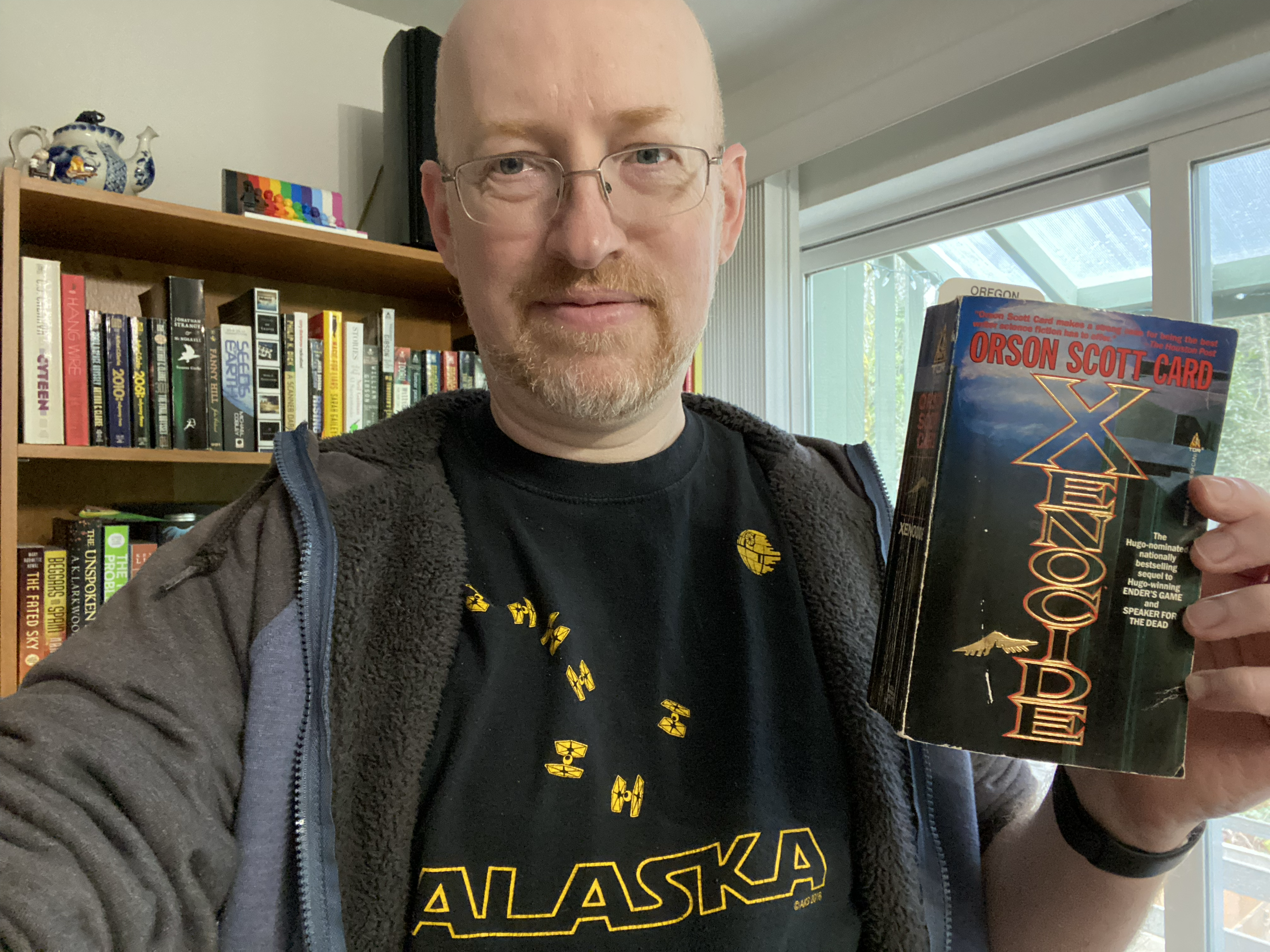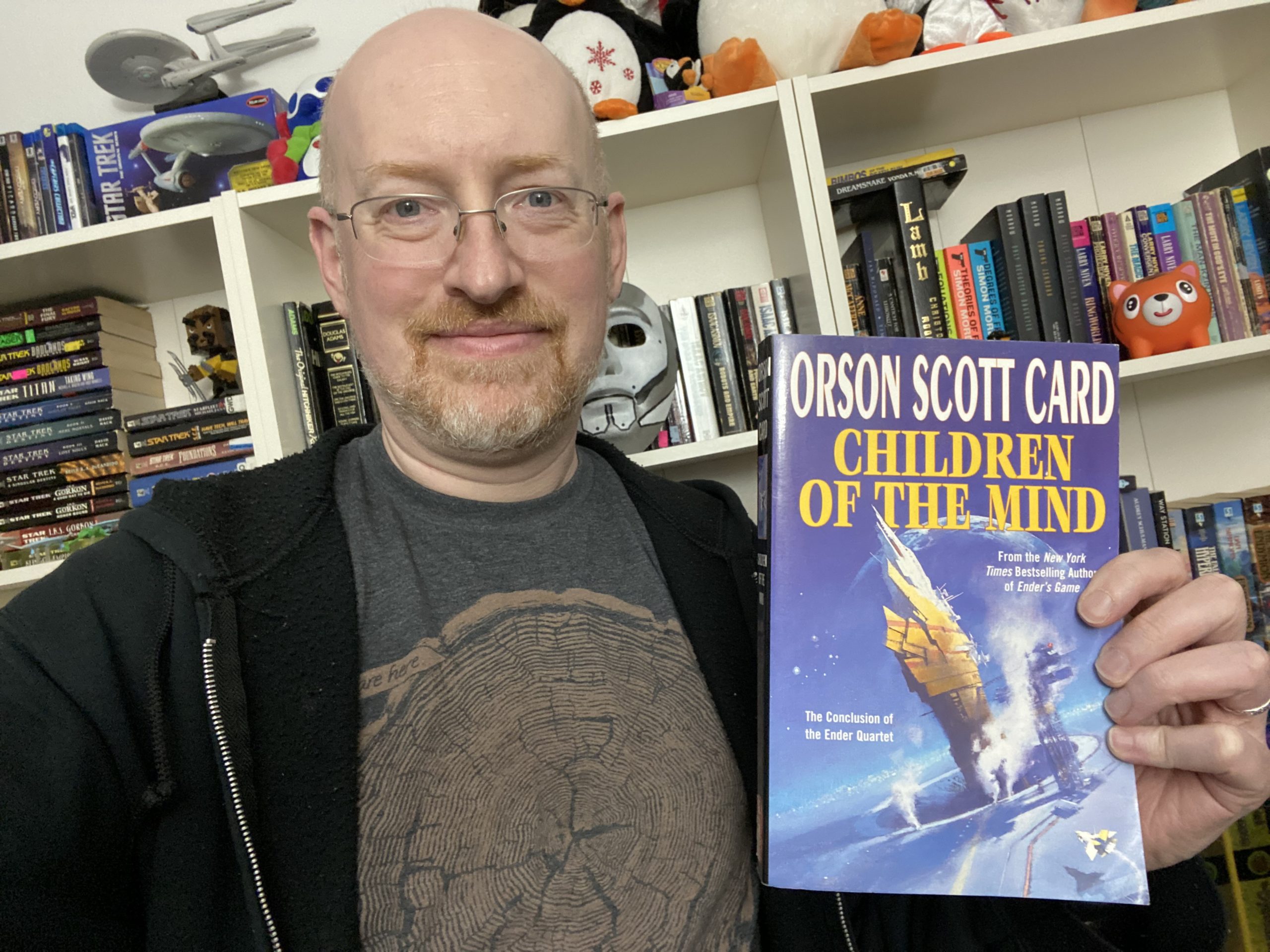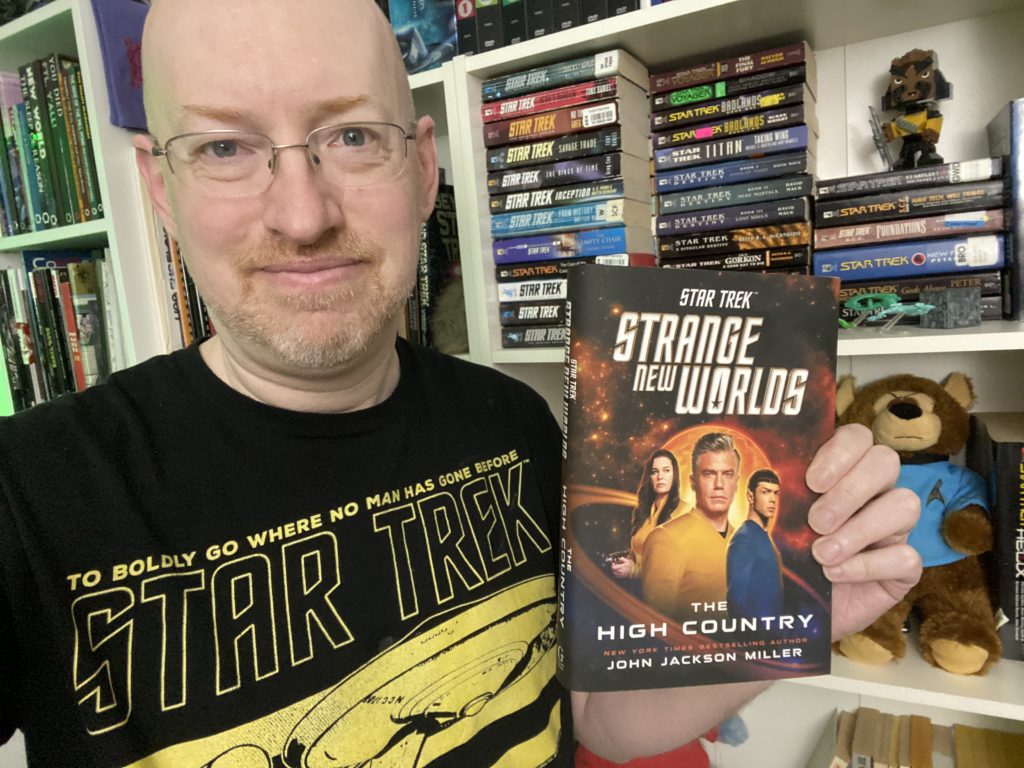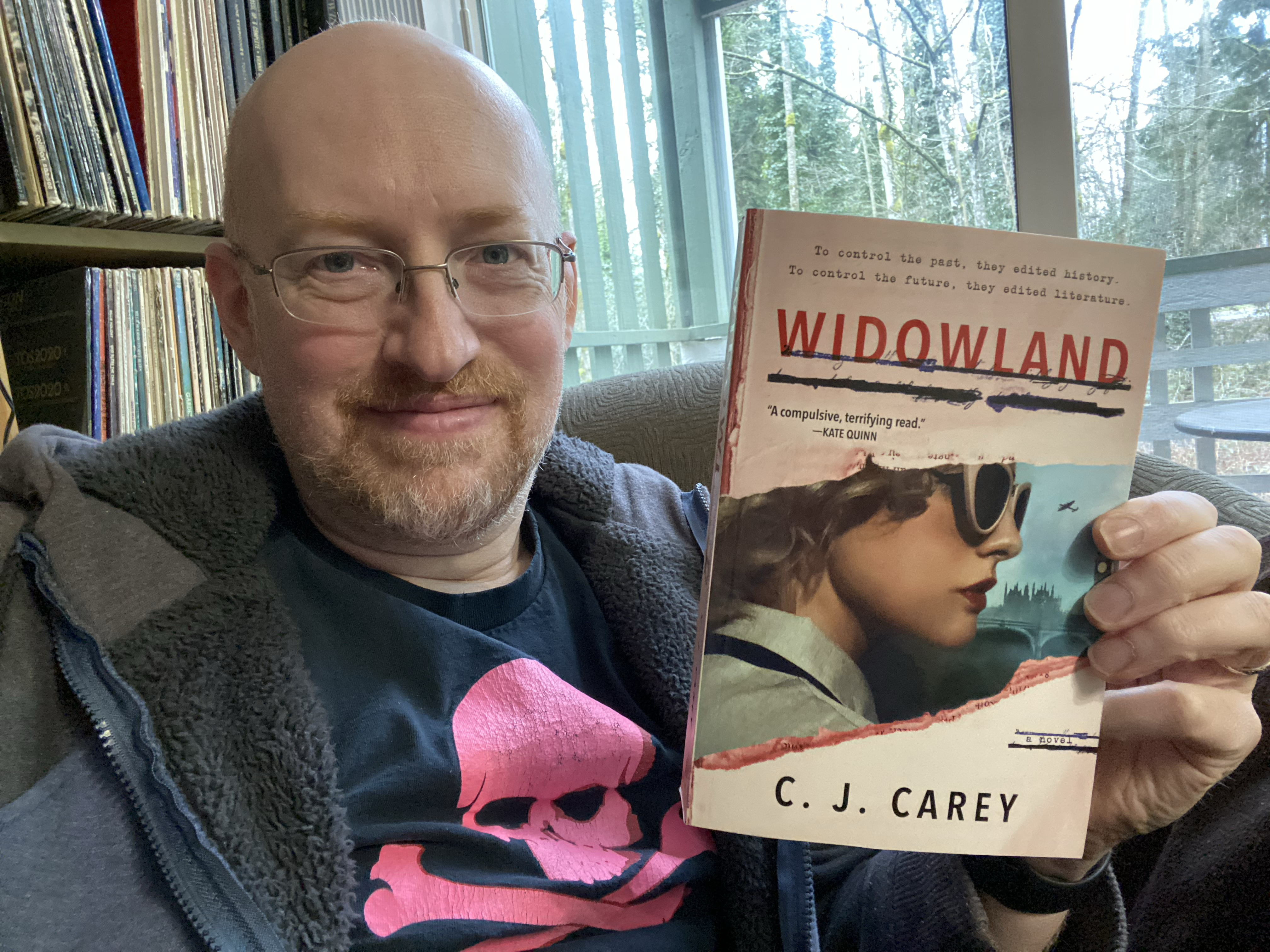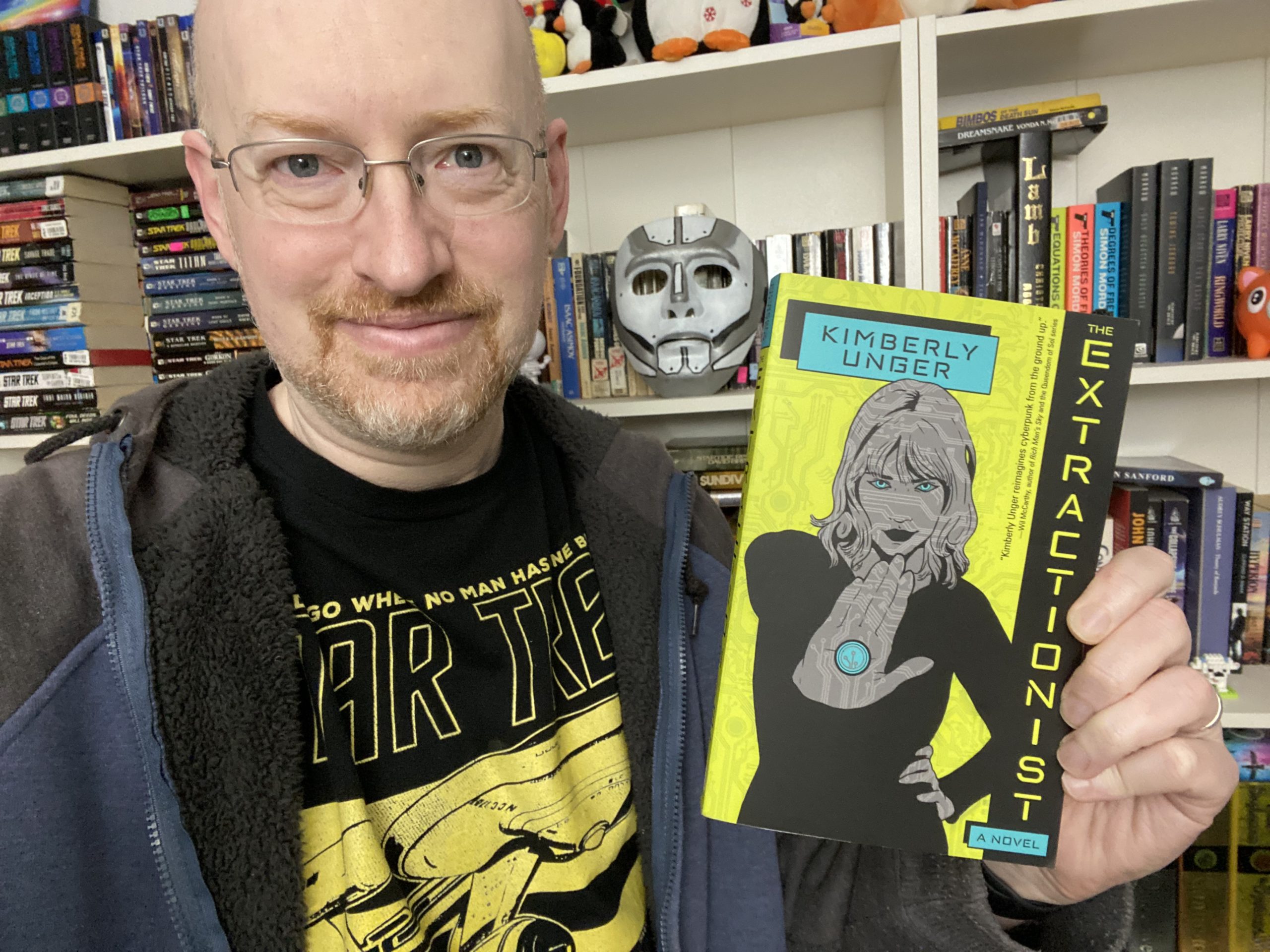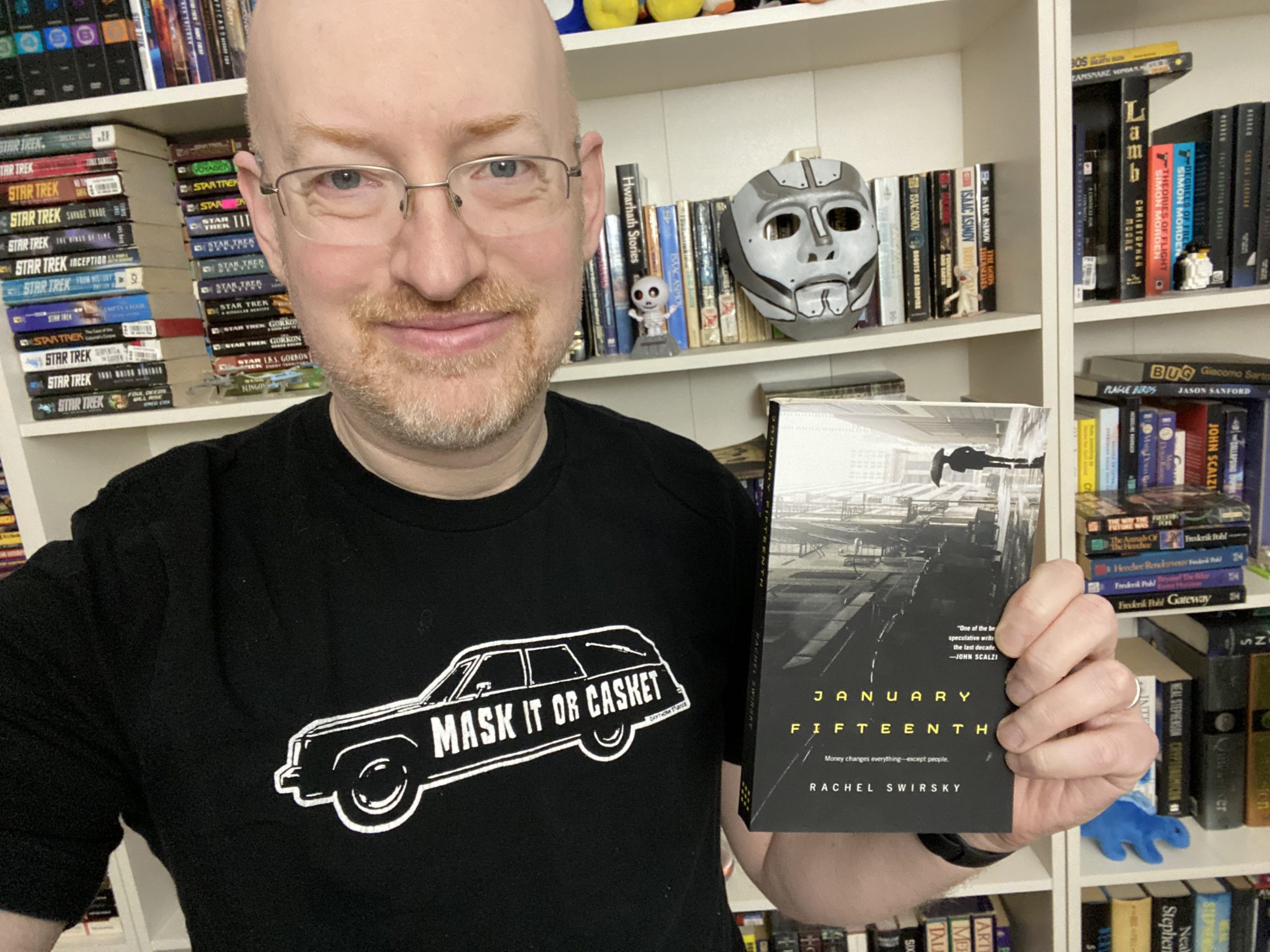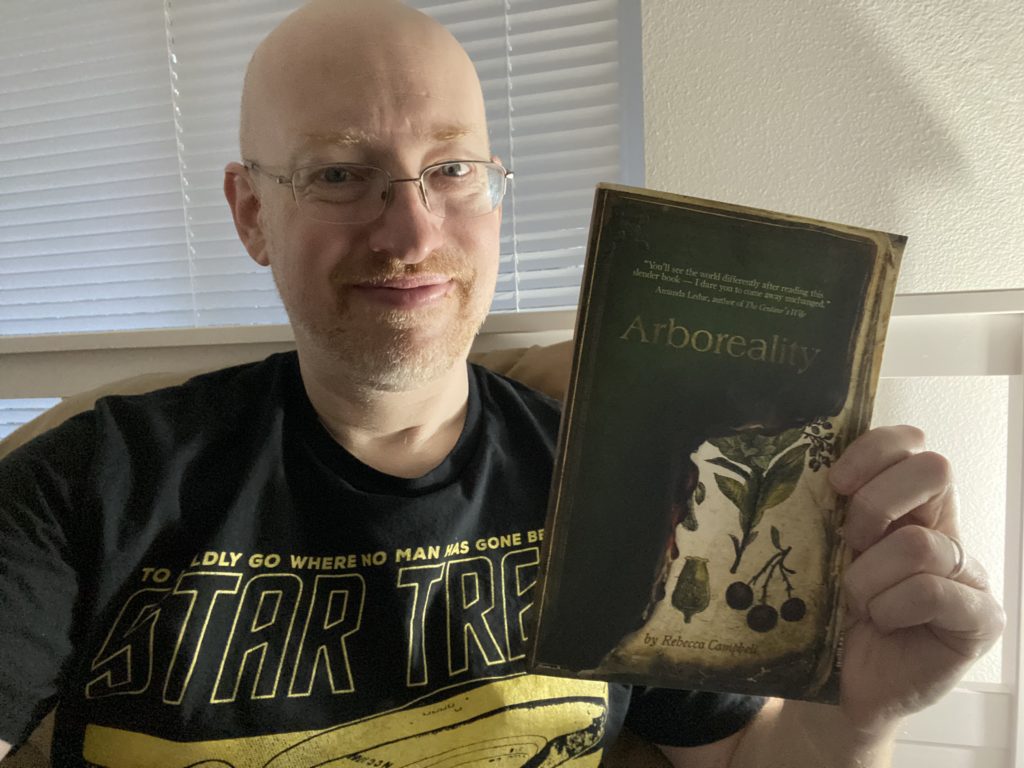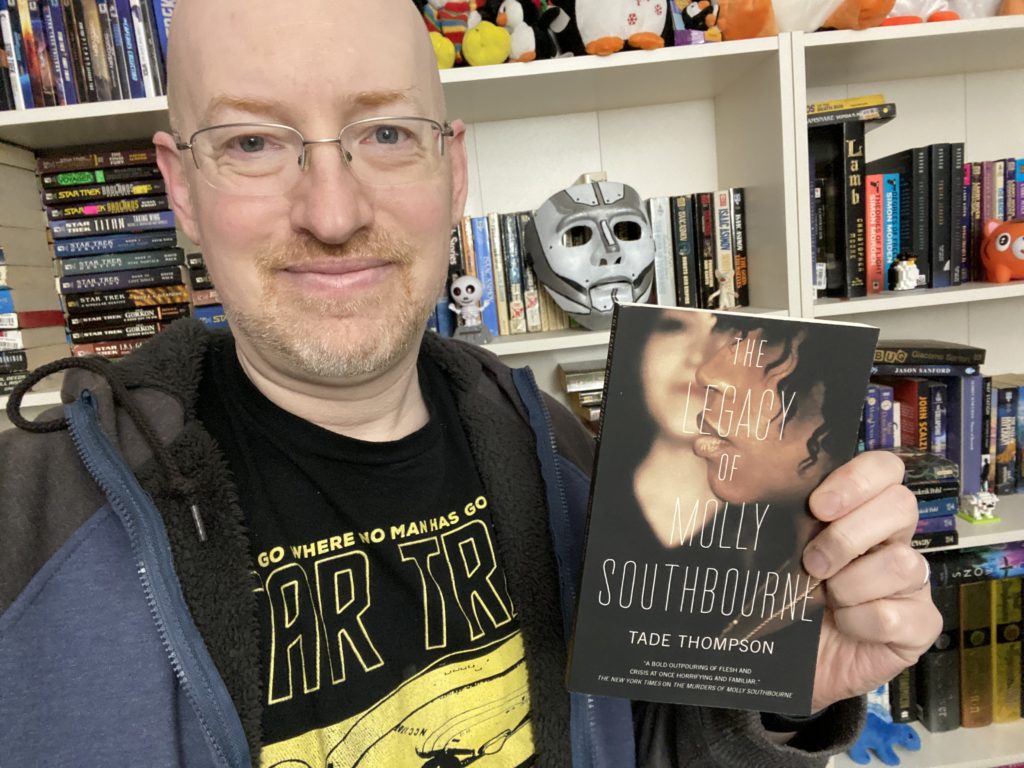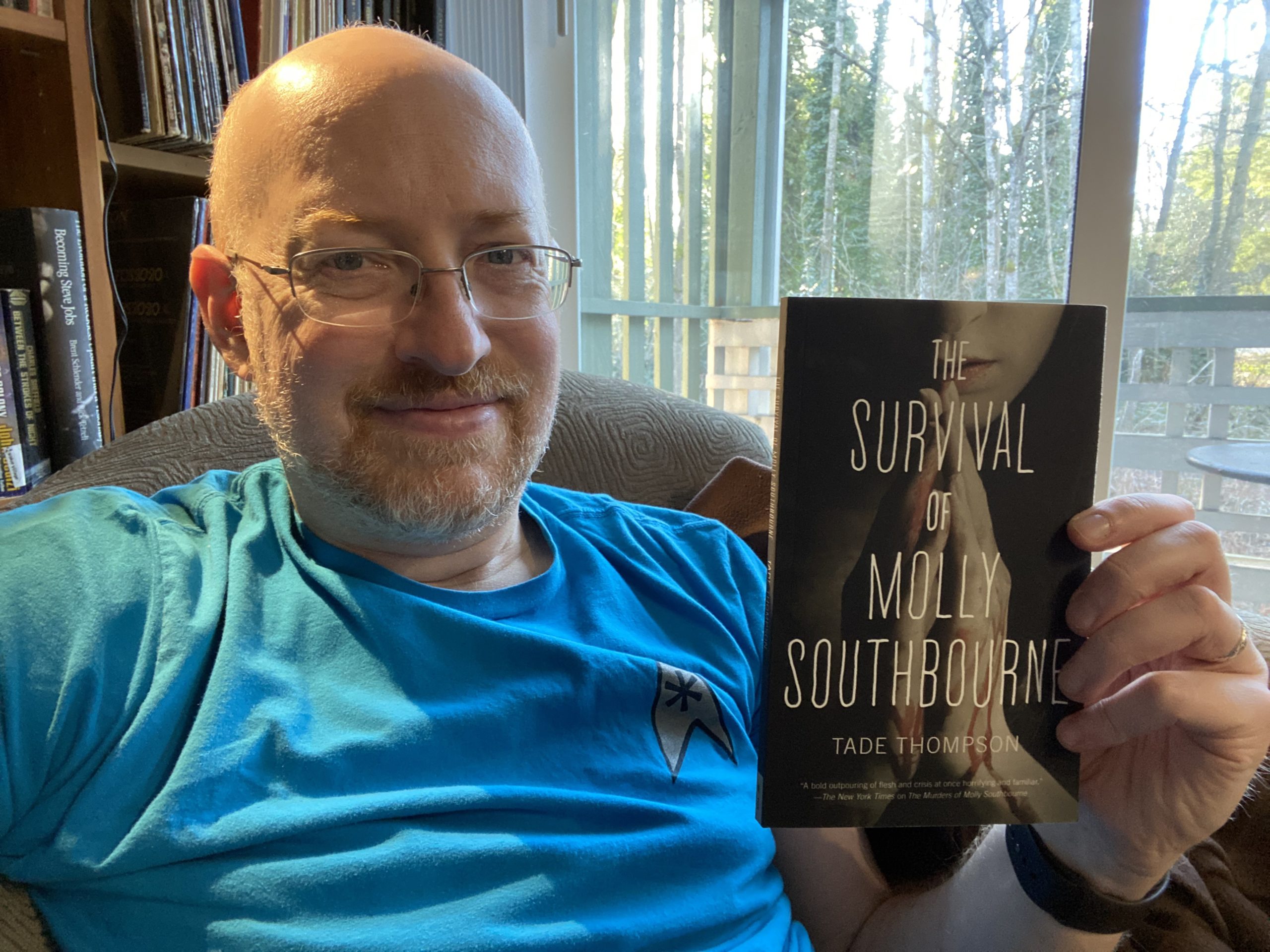17/2023 – ⭐️⭐️⭐️⭐️
This series continues to impress, with ever deeper explorations of compassion and empathy for others who are different than ourselves, and at what point the differences become so great that life- and world-altering decisions may be justified (or may not be, or may be pursued even if not justified). And once again, I’m struck that an author who wrote so compellingly on this subject failed to see how to apply his own ideas in the real world.
NOTE: It should be noted that OSC had long held and promoted viewpoints that I vehemently disagree with. The books of his in my collection were purchased before I knew of his standpoints, from secondhand stores, or both. I knew going into my Hugo reading project (which this is an extension of, though the later books in the series weren’t Hugo winners) that there would authors and works I would find problematic, and that there might be situations (like this one) where I enjoyed a work by a problematic author. I do what I can to mitigate those situations by purchasing used copies of books so as not to directly contribute to those problematic authors who are still with us, and by noting when I run into those situations – like here.
